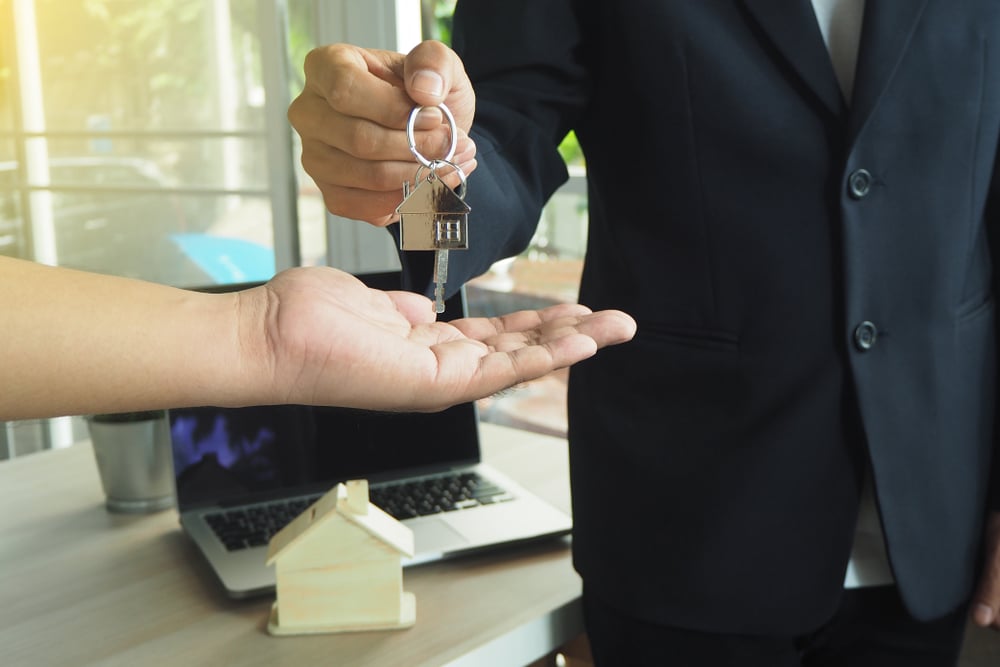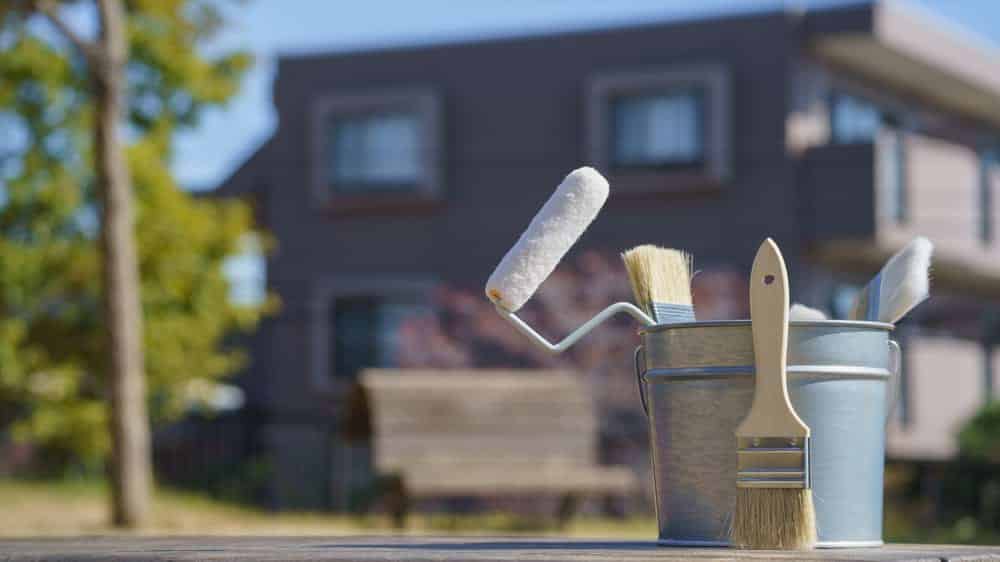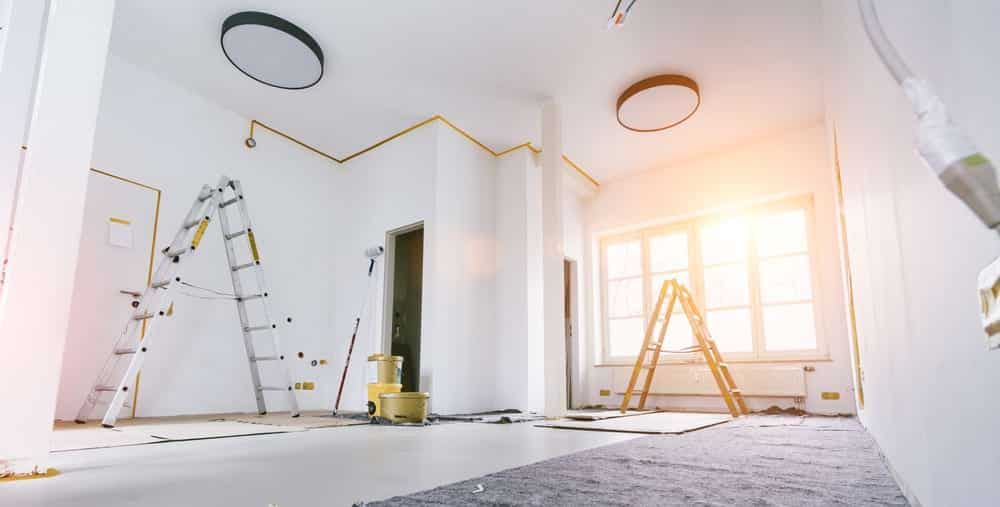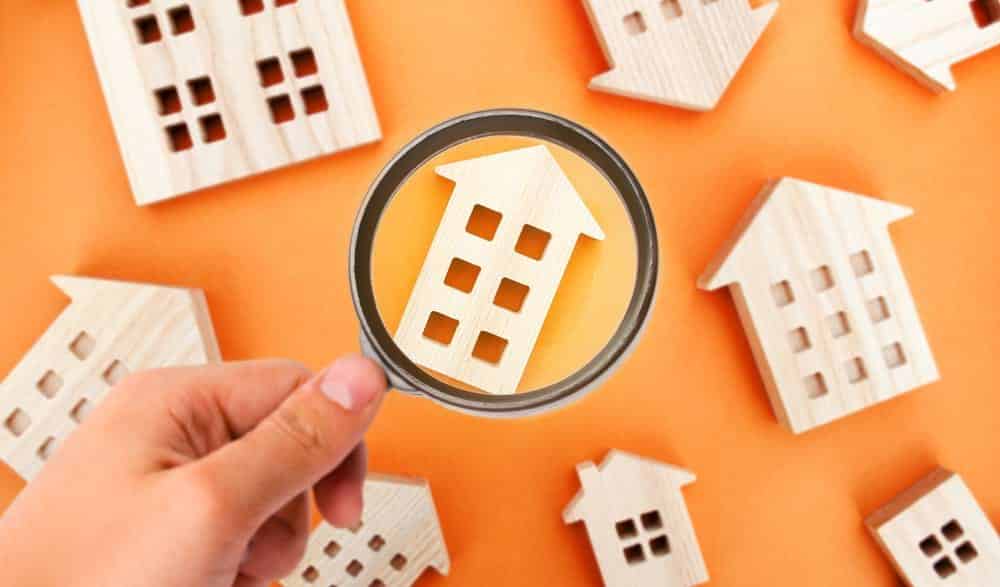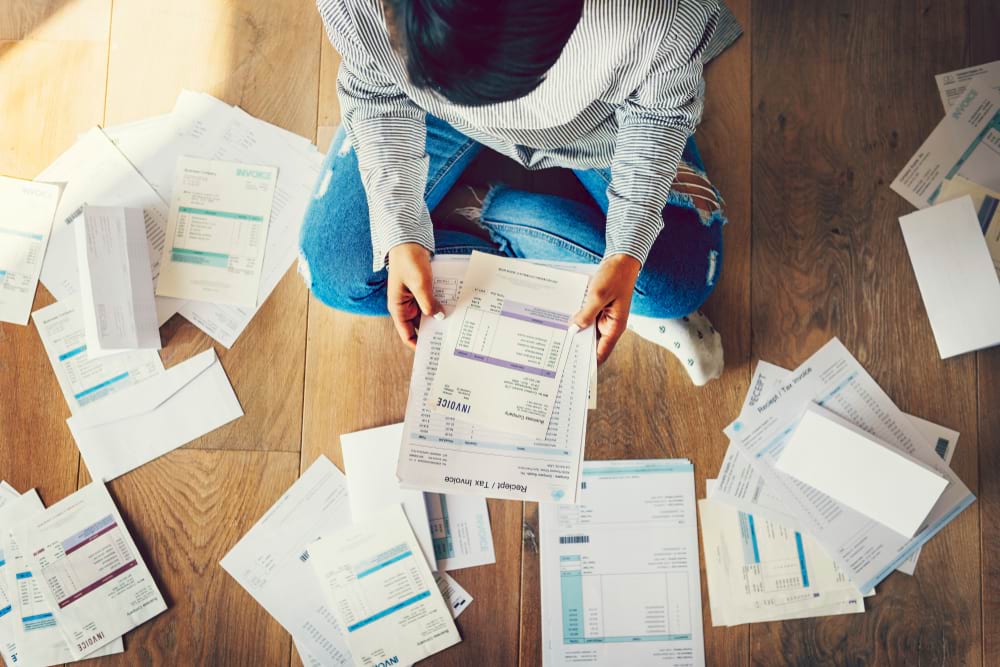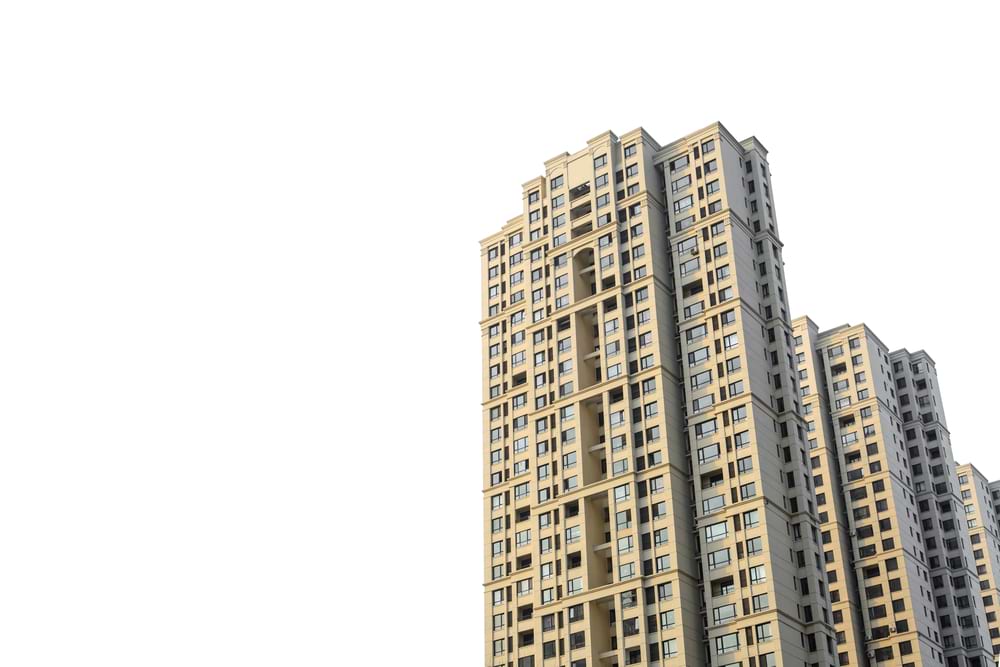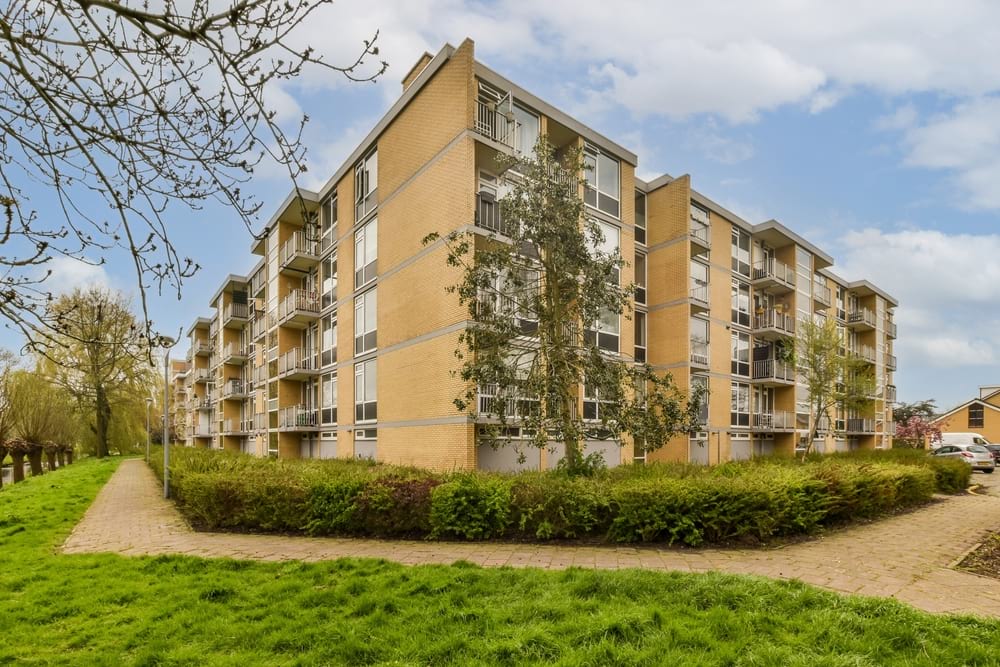There are many issues that can increase or decrease a flat’s value.
Staying on top of these will help you maximise your profit when you sell your flat.
Read on to learn about them.
What can increase your flat’s value?
Decoration
Decorating or even renovating your flat can help it stand out from competition. This applies even to the smallest kind of flats (studio flats).
You should ideally keep the decor neutral yet attractive.
Leasehold lengths
Leasehold flats are properties owned for a fixed term, usually 99 or 125 years. The leaseholder owns the property, but the freeholder owns the land.
A longer lease and lower ground rent generally increase property value. The property’s location and condition also play significant roles. A desirable location and well-maintained property can boost its market value.
What can decrease your flat’s value?
Damp
The amount that damp devalues your property will vary depending on how severe it is, as well as the flat’s initial price to begin with.
However, on average, it is estimated that damp will devalue a property in the UK by around 10%.
There are lots of specialists throughout the UK who will help you to combat damp in your property. In the meantime, you should try to increase natural ventilation throughout the flat as much as possible.
Noise/light pollution
Most people want to live somewhere which is quiet, and where it is easy for them to sleep peacefully at night. Noise and light pollution can negatively impact both of these thing.
Being next to a light on the street, railway, or motorway, may be seen a significant drawback.
Buying strong curtains can sometimes solve the problem. However, unfortunately, there is not always something you can do about either of these things.
Bad neighbours
Noisy or problematic neighbors can significantly reduce your flat’s value. If possible, address the issue before selling: talk to your neighbors, try to improve your relationship, or wait for noisy neighbors to move out.
If not, you simply must disclose this fact. Otherwise, you could face legal action from the buyer lateron.
New developments in the surrounding area
It is highly recommended that you get a clear understanding of any potential new developments in the area surrounding your flat, before you choose to sell it.
For example, if a busy shopping centre is being built across the street from your flat (but is not yet completed when the time comes for you to sell) then this will negatively impact how much your buyer is willing to pay. New developments like this can impact traffic, noise pollution, and litter in the area.
While you cannot control which developments are/aren’t approved nearby, you can do your research to be aware of any new developments which potential buyers will want to know about.
The amount that a new development impacts your flat’s value will vary significantly depending on what it is, where it is, how soon it will be in place, and more.
Selling your flat for the maximum value
When the time comes to sell your flat, you will want to get the maximum value for it.
However, lying/hiding external factors which potential buyers will want to know about is a bad idea, because they can take legal action against you in the long-term.
You should always be up-front and honest about details which may devalue your flat. It is always the best approach in the long-term.
